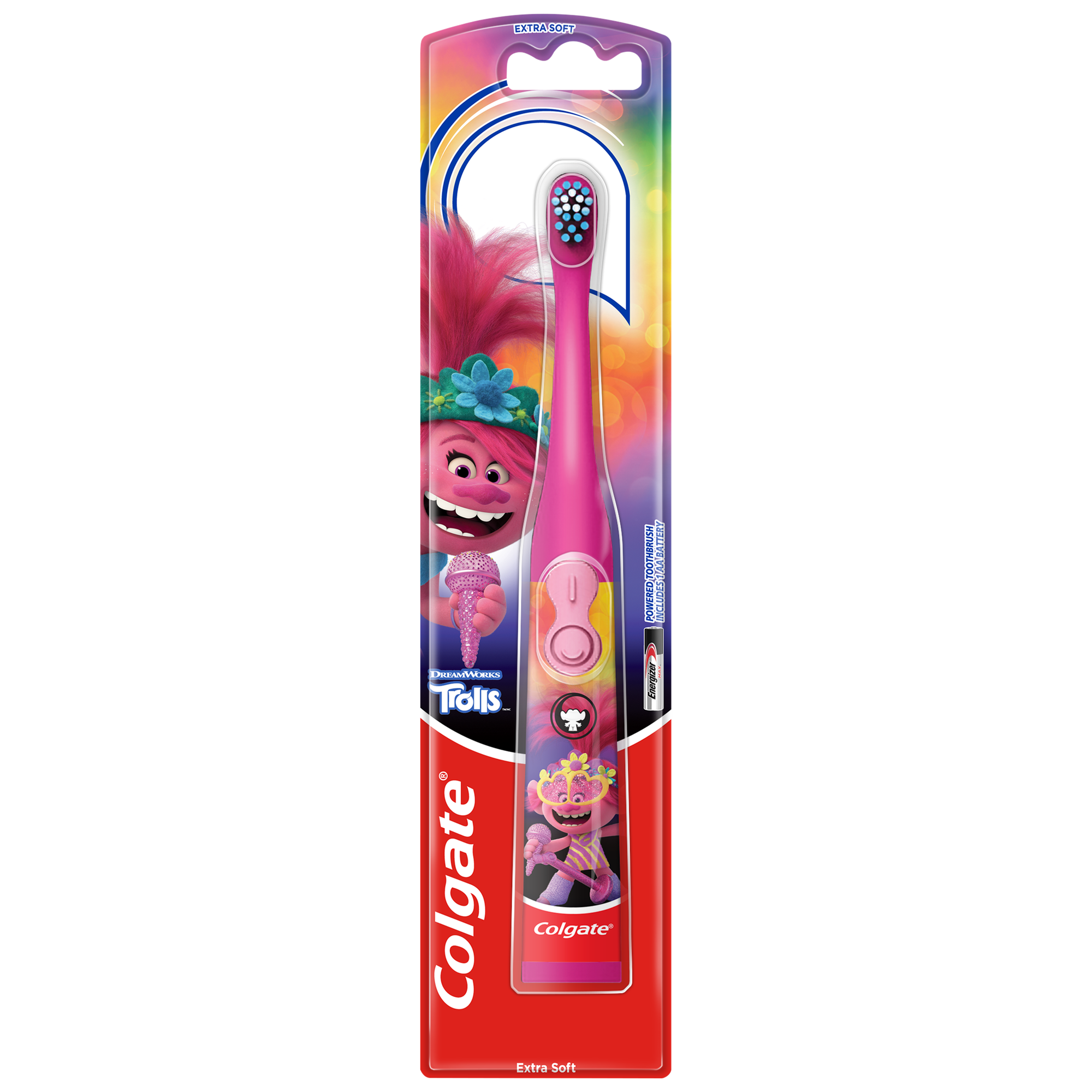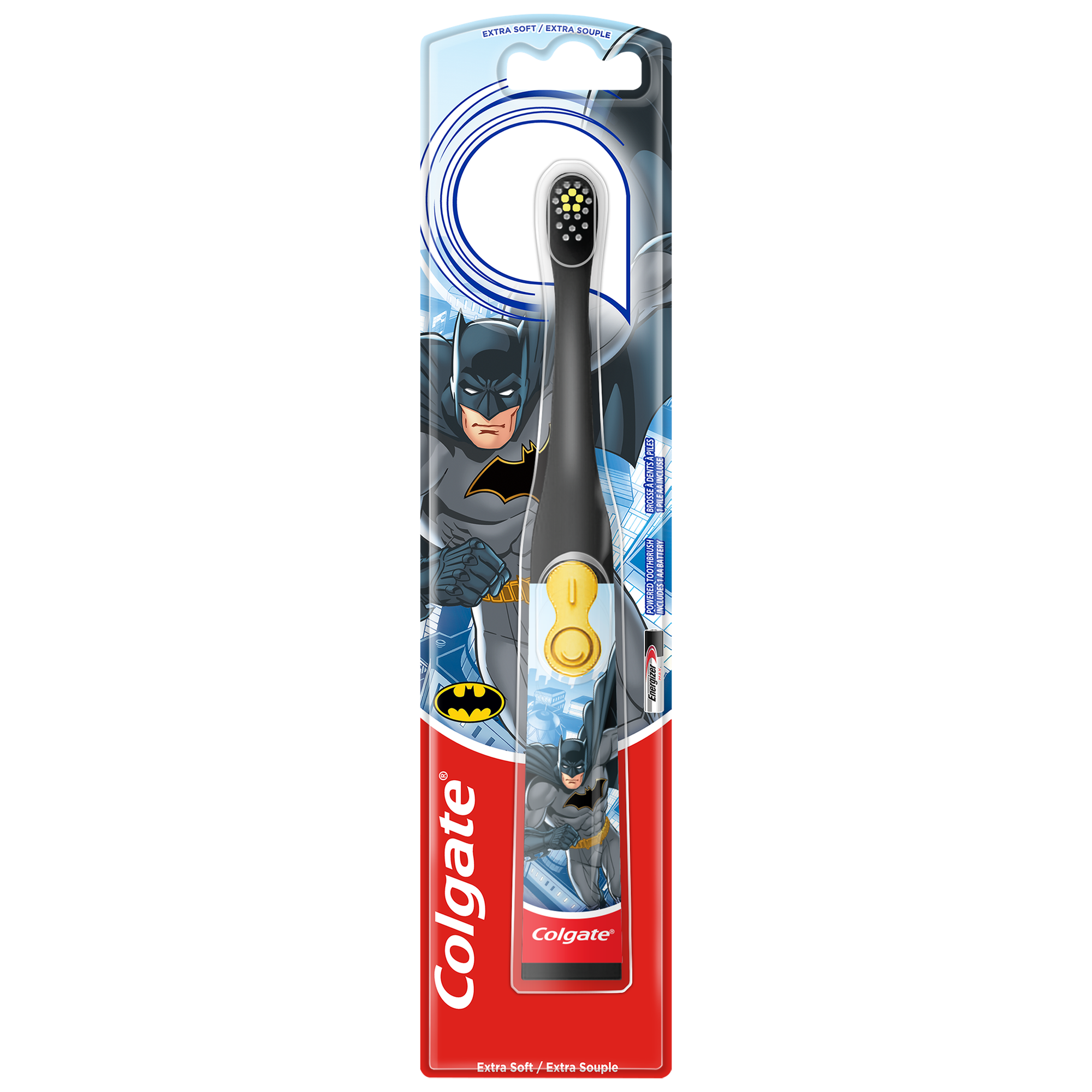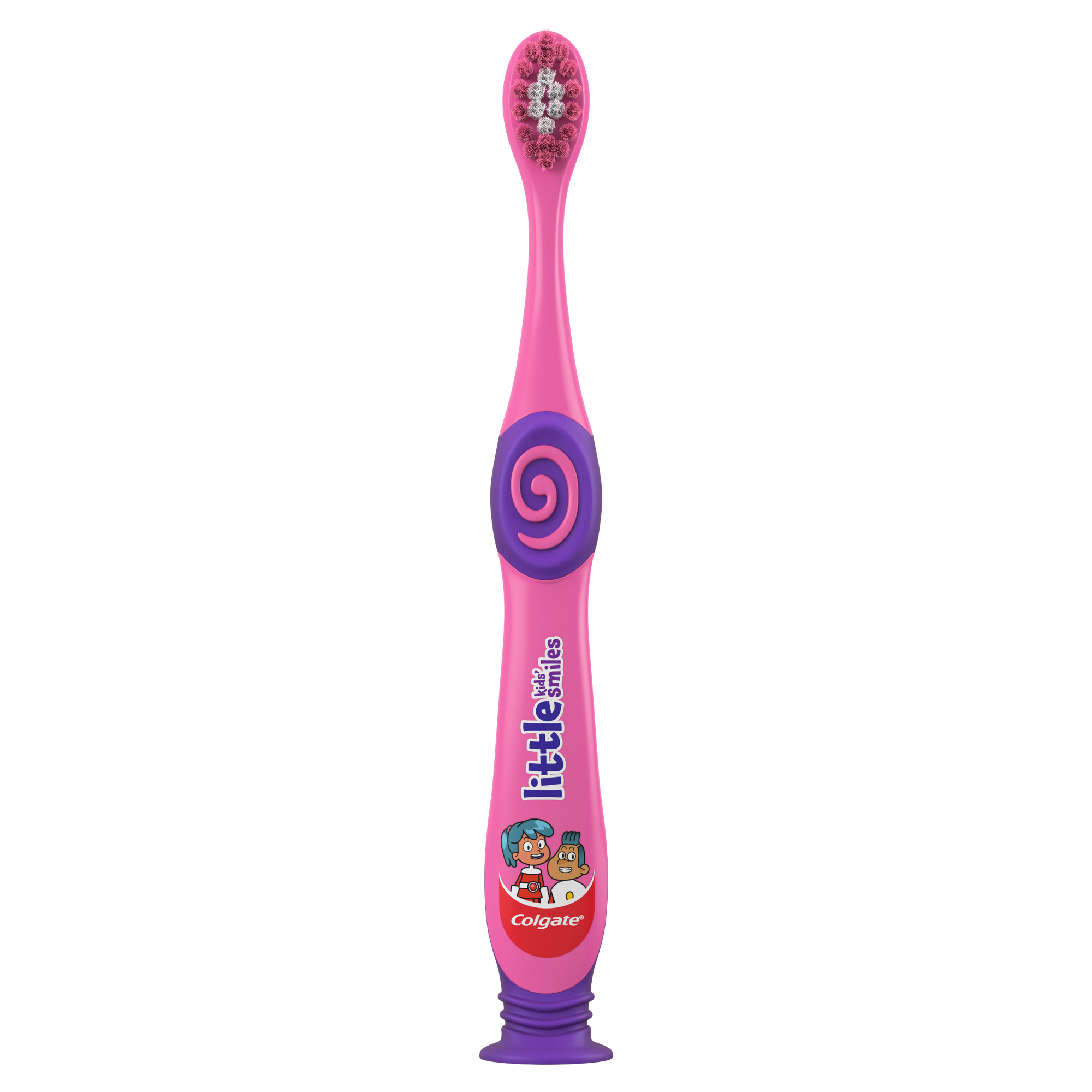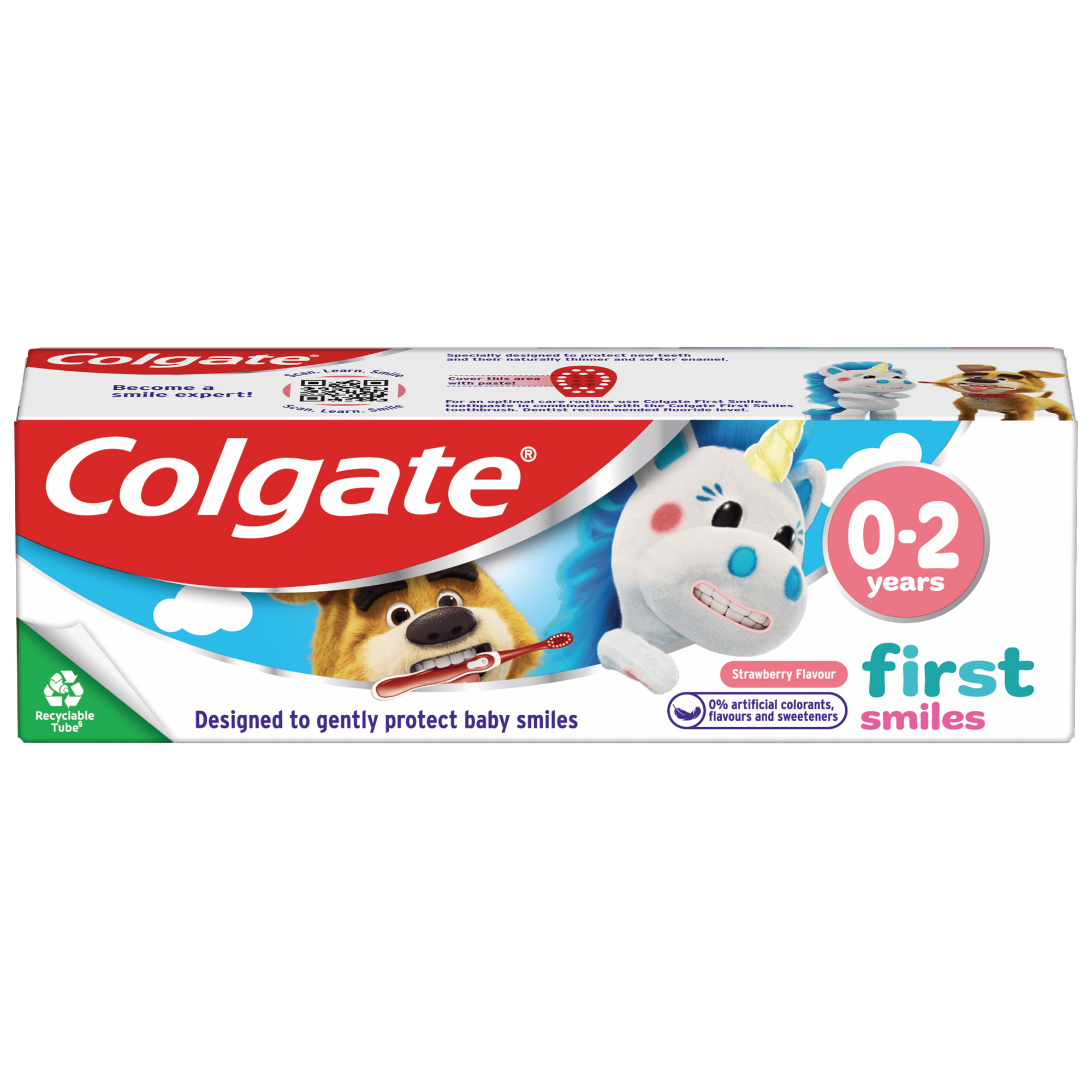The Process of Decay
When bacteria and sugars in the mouth mix, they form acids. These acids can attack the hard, outer layer of teeth, known as the enamel. The enamel begins to wear down as minerals are lost. You may notice white spots on your child's teeth if this is happening. This early decay can be repaired by reintroducing minerals to the teeth through fluoride use and a healthy diet.
When the enamel breakdown process is allowed to continue without remineralization, the hard outer layer can be destroyed. The enamel will develop a cavity, which needs to be examined by a dentist and filled to prevent more damage. What can you do to prevent this process from getting out of control?
Fighting Tooth Decay in Children
The National Health Service in England states that gently wiping your baby’s gums with a soft wipe or a clean finger can help reduce bacteria along the gum line. It also helps your journey on dental success to become established as your baby gets used to the feeling. It may seem like you don’t need to start brushing until a white shining tooth has emerged, but good oral hygiene can start before a tooth has even broken through the gums. As soon as you see an emerging tooth, you should begin a twice daily brushing routine. Start by brushing the tooth gently in circular motions, and remember both sides of the tooth. A tiny amount of fluoride toothpaste, the size of a grain of rice, can be used, which does not need to be rinsed off. It should be encouraged that your child spits out the toothpaste when they’re old enough to.
Once your child is old enough to spit, start brushing his teeth with a fluoride toothpaste twice a day. You can brush and floss his teeth yourself. If your child likes to be independent, brush his teeth first yourself and then let him brush a second time; the extra brushing can not hurt!
Good childhood dental care starts with regular visits to the dentist's office. You can make that first appointment when the first teeth erupt, or at least by the time your child turns one. Why are early visits so important? Recognizing the early signs of tooth decay in children is not always easy. Your dentist can tell you how your little one's teeth are doing and recommend anything to help protect against decay, like fluoride treatments or dental sealants. Also, it does not hurt to get a few oral care pointers from a dental professional. Do not be afraid to ask questions that could help you take better care of your child's teeth.
This article is intended to promote understanding of and knowledge about general oral health topics. It is not intended to be a substitute for professional advice, diagnosis or treatment. Always seek the advice of your dentist or other qualified healthcare provider with any questions you may have regarding a medical condition or treatment.
ORAL HEALTH QUIZ
What's behind your smile?
Take our Oral Health assessment to get the most from your oral care routine
ORAL HEALTH QUIZ
What's behind your smile?
Take our Oral Health assessment to get the most from your oral care routine













